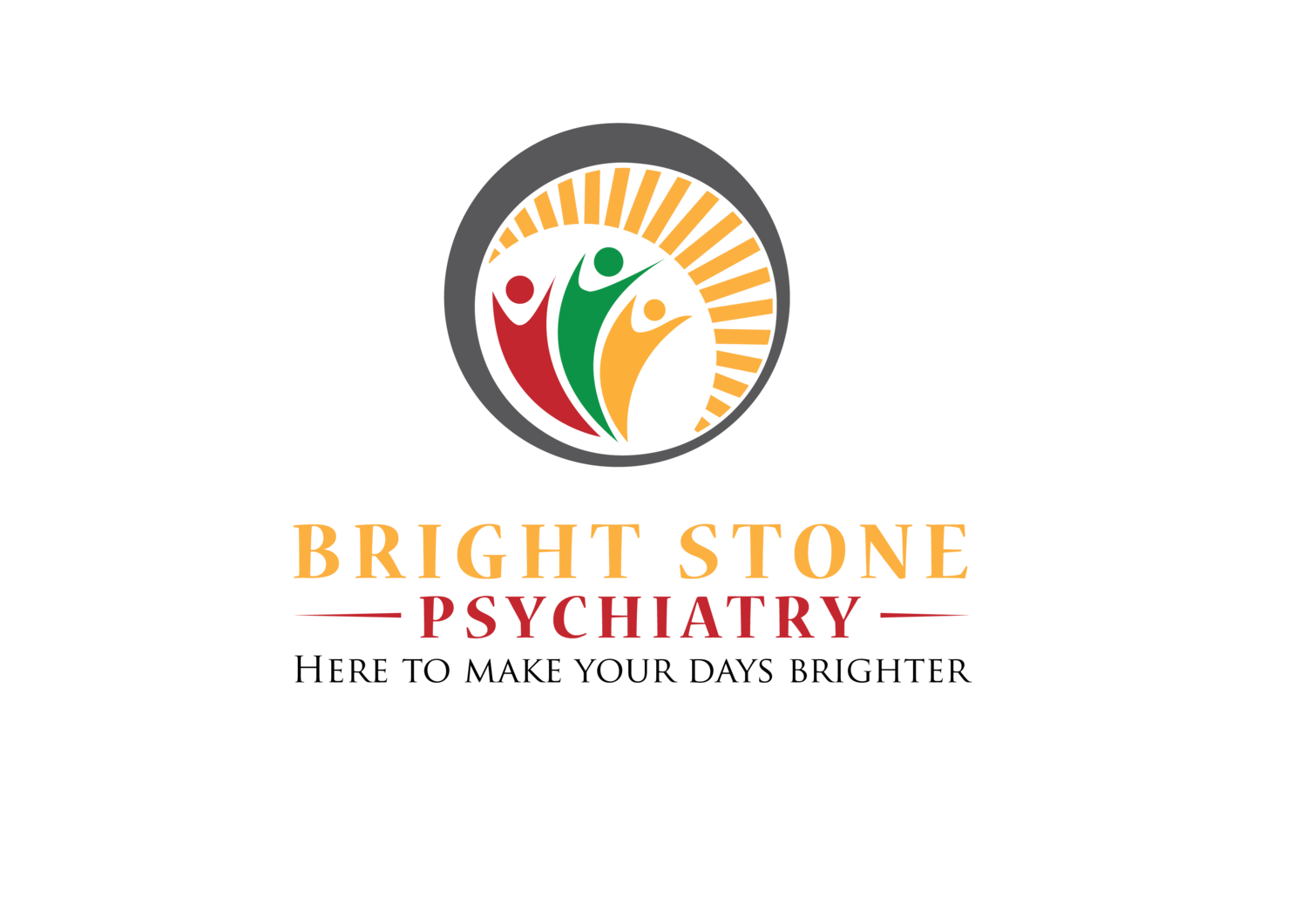Dealing with Work Stress in Minnesota: Tips and Resources from Brightstone Psychiatry
Work stress is a common issue that affects many people, regardless of their occupation or work environment. The demands of the job, long hours, tight deadlines, and balancing work with personal life can all contribute to feeling overwhelmed and stressed. While some stress is a normal part of life, chronic work stress can take a serious toll on your mental and physical health. At Brightstone Psychiatry in Minnesota, we understand the impact work stress can have and are here to help you manage it effectively.
Dealing WIth Work Stress In Minnesota
Understanding Work Stress
Work stress can manifest in various ways, affecting both your mental and physical health. Common signs of work-related stress include:
Feeling anxious or irritable: Constantly feeling on edge or easily frustrated.
Fatigue or low energy: Persistent tiredness, even after getting enough sleep.
Difficulty concentrating: Struggling to focus or make decisions.
Physical symptoms: Such as headaches, stomach problems, muscle tension, or a racing heart.
Sleep disturbances: Experiencing insomnia or restless sleep.
Decreased job satisfaction: Feeling less engaged or motivated at work.
Recognizing these signs is the first step in addressing work stress. Ignoring them can lead to burnout, anxiety, depression, and other health issues.
Tips for Managing Work Stress
Managing work stress effectively involves taking proactive steps to care for your mental and physical well-being. Here are some tips to help you handle work-related stress:
Set Boundaries: It's essential to set clear boundaries between work and personal life. Avoid checking work emails or taking work calls outside of office hours. Create a dedicated workspace if you're working from home to help separate work time from personal time.
Practice Mindfulness: Mindfulness techniques, such as deep breathing exercises, meditation, or yoga, can help reduce stress and improve your ability to focus. Taking a few minutes each day to practice mindfulness can significantly impact your overall well-being.
Stay Organized: Prioritize tasks and break them into manageable steps. Use tools like to-do lists or digital planners to keep track of deadlines and responsibilities. Staying organized can help reduce the feeling of being overwhelmed.
Take Regular Breaks: Step away from your desk periodically to rest and recharge. Short breaks throughout the day can improve productivity and reduce stress. Use this time to stretch, walk around, or have a healthy snack.
Exercise Regularly: Physical activity is a powerful stress reliever. Even a short daily walk can improve your mood and reduce stress levels. Incorporate regular exercise into your routine to support both your mental and physical health.
Seek Support: Talking to a trusted colleague, friend, or family member about your work stress can provide emotional support and help you gain perspective. Sometimes, simply sharing your feelings can make a difference.
Limit Caffeine and Alcohol: While it might be tempting to reach for an extra cup of coffee or a glass of wine after a stressful day, caffeine and alcohol can exacerbate stress and anxiety. Limit your intake and focus on staying hydrated with water or herbal teas.
How Brightstone Psychiatry Can Help
If work stress is becoming unmanageable and impacting your quality of life, seeking professional help is a crucial step. At Brightstone Psychiatry, we offer a range of services to support your mental health:
Therapy and Counseling: Our licensed therapists provide a safe space to discuss your work stress and develop coping strategies. Techniques such as cognitive-behavioral therapy (CBT) can help you reframe negative thought patterns and manage stress more effectively.
Stress Management Techniques: We offer personalized stress management plans tailored to your specific needs. These plans may include relaxation techniques, mindfulness exercises, and practical tools to help you navigate work-related stress.
Medication Management: In some cases, medication may be necessary to manage symptoms of anxiety or depression caused by work stress. Our psychiatric providers can help you find the right medication to alleviate your symptoms and improve your overall well-being.
Telepsychiatry Services: We understand that busy work schedules can make it challenging to attend in-person appointments. Our telepsychiatry services allow you to connect with our providers from the comfort of your home or office, ensuring you receive the care you need.
Take the First Step Towards Managing Work Stress
If you're feeling overwhelmed by work stress, don't wait to seek help. Addressing stress early can prevent it from escalating into more severe mental health issues. At Brightstone Psychiatry, we're committed to helping you find balance and peace of mind.
Contact us today at Brightstone Psychiatry or send us an email at Hello@BrightStonePsychiatry.com. Together, we can develop a plan to manage your work stress and support your overall mental health.
Work stress is a common challenge, but with the right strategies and support, you can manage it effectively. Brightstone Psychiatry in Minnesota is here to help you take control of your stress and enhance your well-being.

